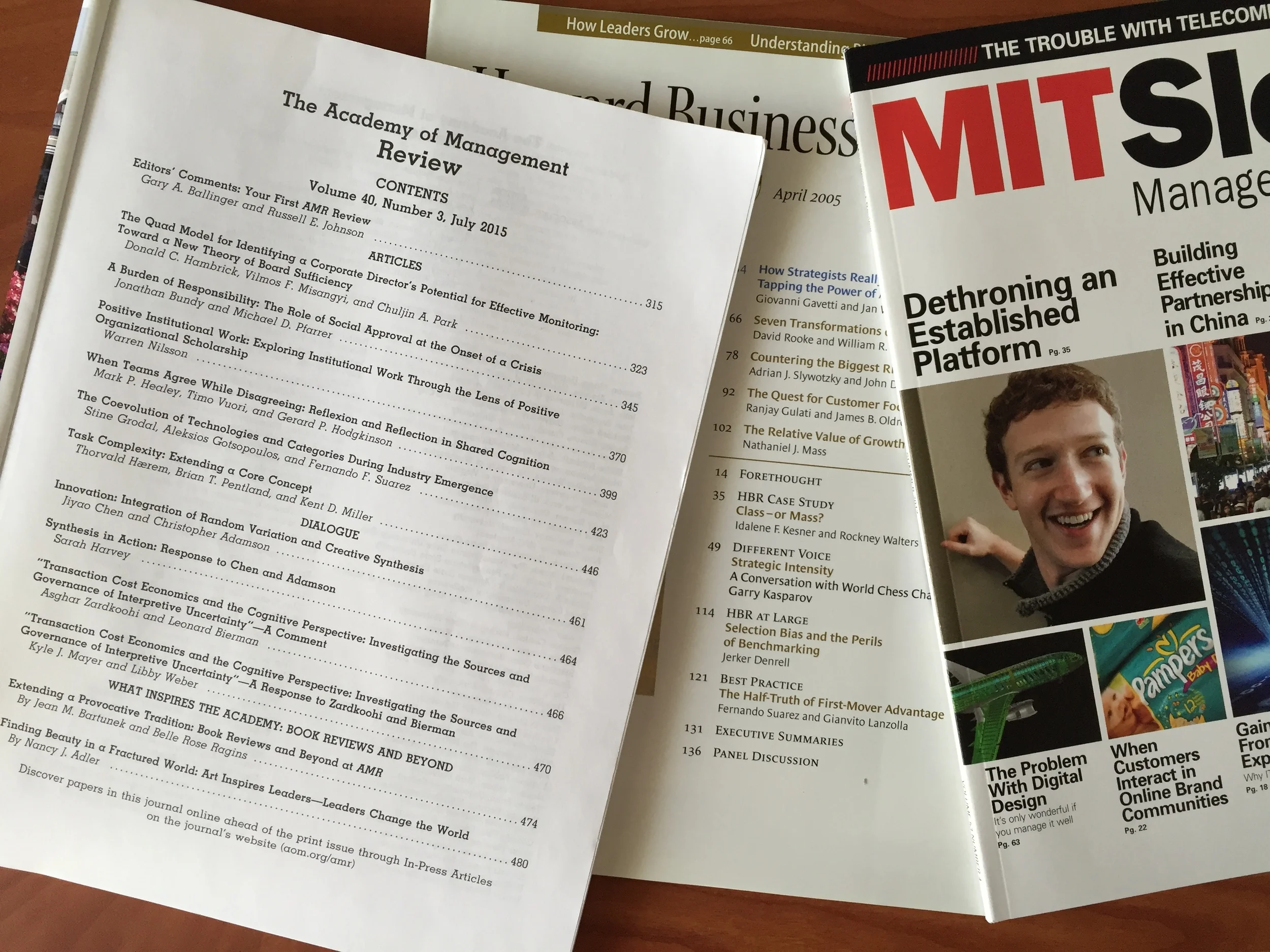MIT Sloan Management Review, 2018, Spring Issue (with James Utterback, Paul Von Gruben, and Hye Young Kang)
Technological transitions tend to be challenging for firms, particularly in mature industries with entrenched incumbents. Common wisdom has it that incumbents are taken by surprise and fail to invest in the new technology, therefore wasting the opportunity to be early entrants in an emerging market that will later grow to become mainstream. This is not always the case. It is not unusual for existing firms to be the first entrants into new technologies, often introducing the first products with the new technology to the market. Their real problem is that they are hesitant entrants without conviction and lacking a vision that would allow them to lead in the new technology. Such lack of conviction often leads incumbents to produce “hybrid” products, mixing elements of the old and the new technology. We show this phenomenon and its implications with a longitudinal study of the auto industry and its ongoing transition from internal combustion to electric vehicles. We argue that a hybrid product strategy leaves even the best incumbent companies in a disadvantageous position as the market evolves and starts to switch to the new technology.


